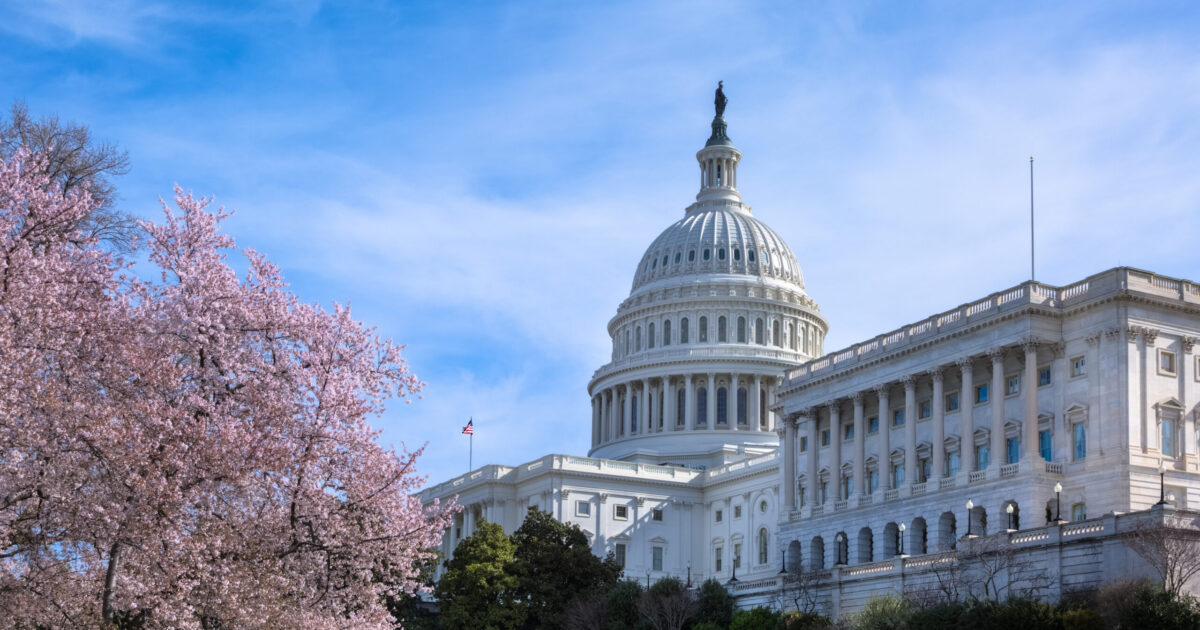Bourbon Caramel Sauce: A Culinary Adventure
Introduction
As a passionate home cook, I recently embarked on a delightful culinary journey to make the perfect Bourbon Caramel Sauce. Inspired by a recipe from Gimme Some Oven, I found this sauce to be a versatile, delicious addition to a variety of dishes. Let me share my experience and tips for making this irresistible treat.
Ingredients
- Granulated White Sugar (1 cup): The foundation of the caramel, providing sweetness and the perfect texture.
- Water (1/4 cup): Helps in dissolving the sugar evenly.
- Heavy Whipping Cream (1/2 cup): Adds a creamy richness. Ensure it’s at room temperature to avoid clumping.
- Butter (1/4 cup): Room temperature, for smooth incorporation.
- Vanilla Extract (1 tsp): Optional, but enhances flavor.
- Bourbon (2 tbsp): The star ingredient, adding a unique twist.
- Fine Sea Salt (1 tsp): Balances the sweetness and elevates the flavors.
Step-by-Step Guide
- Combine Sugar and Water: In a heavy-bottomed saucepan, stir together sugar and water.
- Caramelize the Sugar: Over medium-high heat, let the sugar mixture transform from clear to golden to deep amber, like a copper penny. Do not stir during this process.
- Add Cream and Other Ingredients: Slowly pour in the cream, whisking constantly (be cautious of bubbling). Then, mix in butter, vanilla, bourbon, and salt.
- Cooling and Storing: Serve immediately or let it cool to room temperature for thicker consistency. Can be refrigerated for up to 2 weeks.
Pro Tips
- Temperature Matters: Both cream and butter should be at room temperature or slightly warmed to prevent the caramelized sugar from seizing.
- Patience is Key: Caramelizing sugar requires patience. Don’t rush the process; keep a close eye to prevent burning.
- Customize Your Flavor: Feel free to adjust the amount of bourbon and salt to suit your taste.
Serving Suggestions
- Desserts: Drizzle over ice cream, brownies, pies, or fruit. It pairs wonderfully with grilled peaches, apples, pears, and more.
- Beverages: Elevate your coffee drinks with a hint of this sauce.
My Experience
Creating this bourbon caramel sauce was a delightful experience. The process of caramelizing sugar was mesmerizing, and the addition of bourbon brought a sophisticated depth to the sauce. It was a hit when I served it over homemade vanilla ice cream and also made a fantastic addition to my morning coffee.
Key Takeaways
- Making bourbon caramel sauce is straightforward and rewarding.
- Adjust the ingredients to tailor the sauce to your preferences.
- This versatile sauce can enhance a wide range of desserts and beverages.
In this video, Jerry James Stone presents a recipe for making bourbon caramel dipping sauce. The process involves caramelizing sugar, which he notes can be done in two ways: dry or wet. Jerry recommends the wet method as it’s easier for beginners. The recipe calls for 1 and 1/2 cups of granulated sugar mixed with 1/3 cup of water and a little lemon juice. The lemon juice prevents sugar crystallization. Alternatively, cream of tartar or corn syrup can be used.
The mixture is heated until the sugar dissolves, then brought to a medium-high heat to simmer. It’s crucial to monitor the simmering sugar closely to avoid burning. When the sugar…








